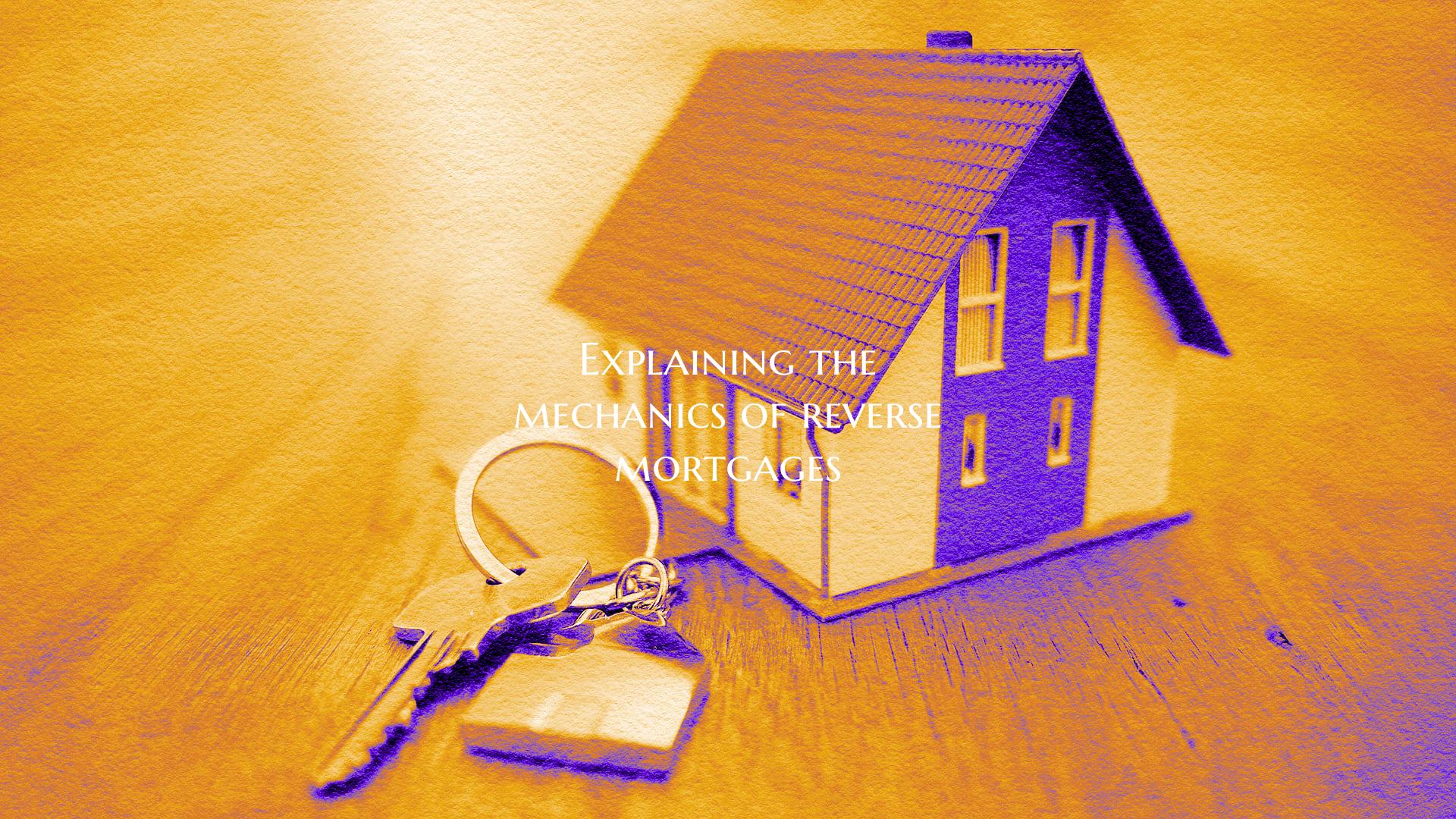Explaining the mechanics of reverse mortgages

Reverse mortgages are a financial tool available to homeowners who are aged 62 and older, allowing them to convert a portion of their home equity into cash without having to sell their home or make monthly mortgage payments. It is important to fully understand the mechanics of reverse mortgages before deciding whether it is the right option for you.
1. How Reverse Mortgages Work: A reverse mortgage works by allowing homeowners to borrow against the equity in their homes. Instead of making monthly payments to the lender, the lender makes payments to the homeowner. The loan is repaid when the homeowner sells the home, moves out, or passes away. At that time, the loan balance is paid off through the sale of the home, with any remaining equity going to the homeowner or their heirs.
2. Types of Reverse Mortgages: There are three main types of reverse mortgages: federally-insured Home Equity Conversion Mortgages (HECMs), proprietary reverse mortgages, and single-purpose reverse mortgages. HECMs are the most common type and are regulated by the Federal Housing Administration (FHA).
3. Qualifications and Eligibility: To qualify for a reverse mortgage, homeowners must be at least 62 years old, own their home outright or have a low mortgage balance, and live in the home as their primary residence. Credit score and income requirements are generally less stringent than traditional mortgages.
4. Loan Disbursement Options: Borrowers have several options for receiving the funds from a reverse mortgage, including a lump sum payment, monthly payments, a line of credit, or a combination of these methods. Each option has its own advantages and considerations.
5. Costs and Fees: While reverse mortgages can provide financial flexibility for older homeowners, it's important to be aware of the costs involved. These may include origination fees, closing costs, mortgage insurance premiums, and servicing fees. Understanding these costs is essential in evaluating the overall value of a reverse mortgage.
In conclusion, reverse mortgages can be a valuable financial tool for older homeowners looking to access their home equity without selling their property. However, it is crucial to carefully consider the mechanics of reverse mortgages, including how they work, the types available, eligibility requirements, disbursement options, and associated costs. Consulting with a financial advisor or housing counselor can help individuals make an informed decision about whether a reverse mortgage is the right choice for their unique financial situation.
